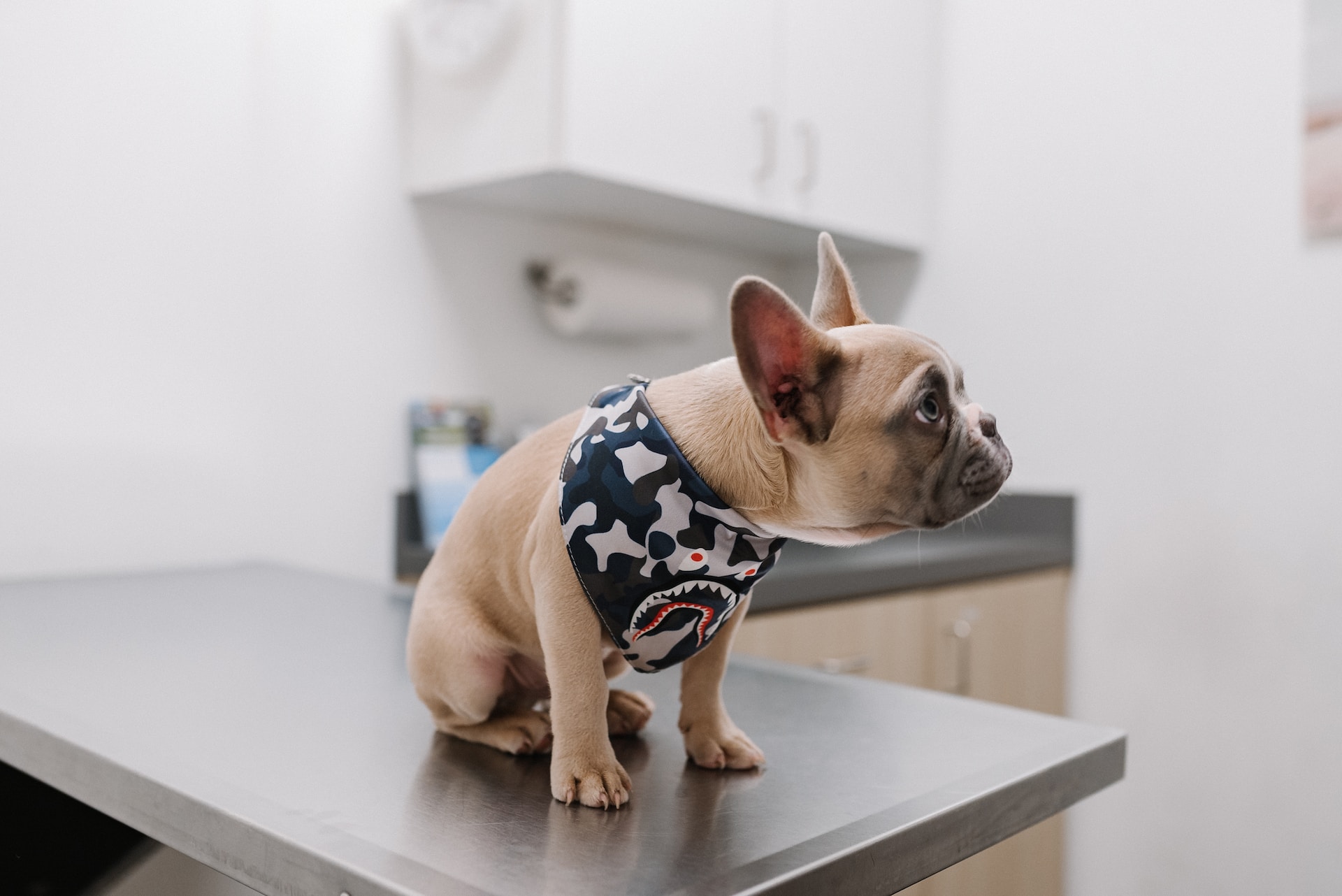Starting a veterinary practice from scratch or acquiring an existing practice can be a rewarding but challenging experience. It requires a significant investment of your time, along with money and resources, to get your practice up and running or to level up operations. One of the biggest challenges you may face is securing funding to finance your practice. Veterinary practice funding can come from a variety of sources, including traditional bank loans, government programs and private lenders.
Regardless of the funding source you choose, it’s important to prepare your application to make it more appealing to prospective lenders. This could include creating a detailed business plan, providing financial projections, and having all of your financial documentation in order. By doing your research and preparing your application in advance, you can increase your chances of securing funding for your veterinary practice.
This guide dives into the different ways you can use funding to grow your veterinary practice. You’ll also learn how to prepare your application to make it more appealing to prospective lenders.
How Funding Can Grow Your Veterinary Practice
By securing business capital, you can start a new veterinary practice, purchase an existing practice or upgrade your space. You can also use the loan proceeds to hire staff or cover other vital operational expenses.
Starting from Scratch
Starting your own veterinary practice can be an exciting venture for you as a small business owner. However, it requires substantial capital to cover costs like facility construction, equipment purchases and hiring staff. Veterinary practice financing can provide you with the necessary funds to build your dream practice from the ground up, allowing you to focus on providing quality care to your patients.
Buying an Existing Practice
Purchasing an established veterinary practice can be an attractive option as it offers immediate cash flow and an existing client base. This option is also less risky than starting from scratch because the previous business owners have already built brand recognition and earned trust in the community. Financing options like conventional bank loans can help you acquire an existing practice with more favorable interest rates and repayment terms.
Expanding and Renovating Your Space
As your veterinary practice grows, so will the need for additional space to accommodate more clients, patients and service offerings. Obtaining funding enables you to expand and renovate your current facility. You can upgrade your waiting area examination rooms or even create new spaces for additional services like grooming or boarding.
Purchasing Equipment and Inventory
Your veterinary practice relies on cutting-edge equipment and a steady inventory of medical supplies to provide the best care to your patients. Veterinarian funding can be used to upgrade or purchase new equipment and maintain an optimal level of inventory to ensure smooth day-to-day operations. This could include diagnostic and imaging equipment, surgical instruments, medications, vaccines and general medical supplies.
Hiring Staff and Funding Operations
A growing veterinary practice requires a team of skilled professionals, including veterinarians, veterinary technicians, and administrative staff. Your staffing needs will increase as you expand your services and client base. Veterinary practice financing can be used to cover payroll and operational expenses, allowing you to hire and retain the best talent and ensuring seamless operations for your business.
How to Apply for Veterinary Practice Funding
When you’re ready to apply for financing, it’s vital to understand the general guidelines, application process and documents you’ll likely need to satisfy the lender’s requirements.
Eligibility Criteria for Veterinary Practice Funds
To secure funding for your veterinary practice, you must first ensure that you meet the eligibility criteria. The requirements may vary depending on the funding source, but some common criteria include:
- Owning a licensed veterinary practice or being a licensed veterinarian
- Demonstrating a need for financial assistance, such as expanding your practice, purchasing new equipment or starting a new practice
- Having a solid credit history and a good financial standing
Understanding the Application Process
It varies by lender and could take a few weeks to a few months. But if you decide to do business with an online lender, some offer same or next-day funding to get you the cash you need in a jiffy to move your veterinary practice forward.
That said, it’s likely similar to applying for a standard business loan. You’ll need to submit an application online or in person (if applicable) along with supporting financial documentation. The lender will review it to make a decision and set loan terms.
Essential Documents for the Application
Some of the key documents you should prepare to include with your application are:
- Personal and business credit reports: These reports provide a comprehensive view of your credit history and assess your credibility for repaying the loan.
- Business plan: A well-structured business plan should outline your veterinary practice’s mission, goals, marketing strategy, and financial projections. This document is essential to help lenders understand the purpose of the funding and how it will contribute to your practice’s growth.
- Financial statements: You’ll need to provide detailed financial statements, such as profit and loss statements, balance sheets, and cash flow statements, to demonstrate your practice’s fiscal health and growth potential.
- Tax returns: Providing both personal and business tax returns from recent years will help lenders assess your financial standing and ensure compliance with tax regulations.
- Legal documents: Some funding sources may require additional legal documents, such as articles of incorporation, franchise agreements, or business licenses, to confirm your practice’s legitimacy.
Once you have gathered all the necessary documents and ensured that you meet the eligibility criteria, you can confidently apply for veterinary practice loans or grants to secure the funding needed for your practice’s growth and success.
How To Fund Your Veterinary Practice
Still undecided about which financing option is best? You can choose from bank loans, government funding and subsidies, aid from non-profit organizations, private loans from online lenders or merchant cash advances.
Bank Loans
Exploring conventional bank loans is a great first option for veterinarians seeking financing for their practice. These loans offer competitive interest rates and are available to both business owners and veterinarians. With a bank loan, you can use the funds for a variety of purposes, including purchasing an existing practice, expanding your current building, or purchasing new equipment.
However, it’s important to note that the application process for a bank loan can be lengthy and requires a detailed business plan and financial documentation. By preparing a solid business plan and having all of your financial documentation in order, you can increase your chances of being approved for a bank loan and securing the funding you need to grow your veterinary practice.
Government Funding and Subsidies
Another option is to seek government funding, such as the Veterinary Services Grant Program (VSGP). The VSGP provides grants for Education, Extension, and Training (EET) and Rural Practice Enhancement (RPE). These grants help enable veterinary services in underserved rural areas. You may need to meet specific requirements outlined by the grant program to be eligible.
Non-profit Organizations Aid
Some non-profit organizations, such as the Veterinary Care Foundation, offer financial assistance to veterinary practices. Funds donated to support a specific practice are earmarked for use by that practice. These organizations follow charitable guidelines that your practice must adhere to in order to receive support.
Grants for Veterinary Medical Practitioners and Veterinarians
Various organizations offer grants designated for veterinary medical practitioners and veterinarians. Keep an eye out for grant opportunities from specific veterinary organizations, universities, or research institutions. These grants may support your practice directly or provide funding for projects and research activities that benefit your practice.
Private Loans and Online Lenders
You might consider private loans and online lenders for additional veterinary practice financing options. They often feature faster approval and funding timelines compared to traditional banks. Keep in mind that these loans may come with higher interest rates and shorter repayment periods than conventional loans. Be sure to compare rates and terms to find the best fit for your practice.
Merchant Cash Advances
You can also explore merchant cash advances as a funding option for veterinary practice financing. This type of financing allows you to receive a lump sum in exchange for a percentage of your future credit card sales. Although this can provide fast access to funds, it may come with higher costs and less favorable terms than other funding options. Carefully evaluate the financial impact on your veterinary practice before opting for a merchant cash advance.







